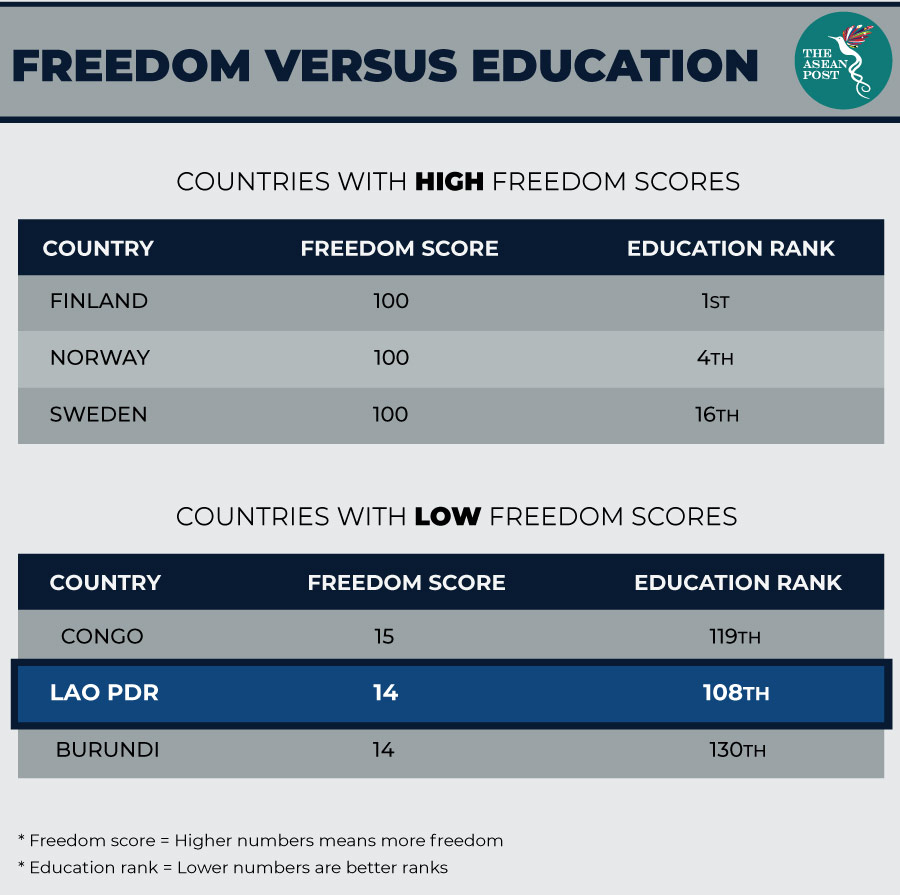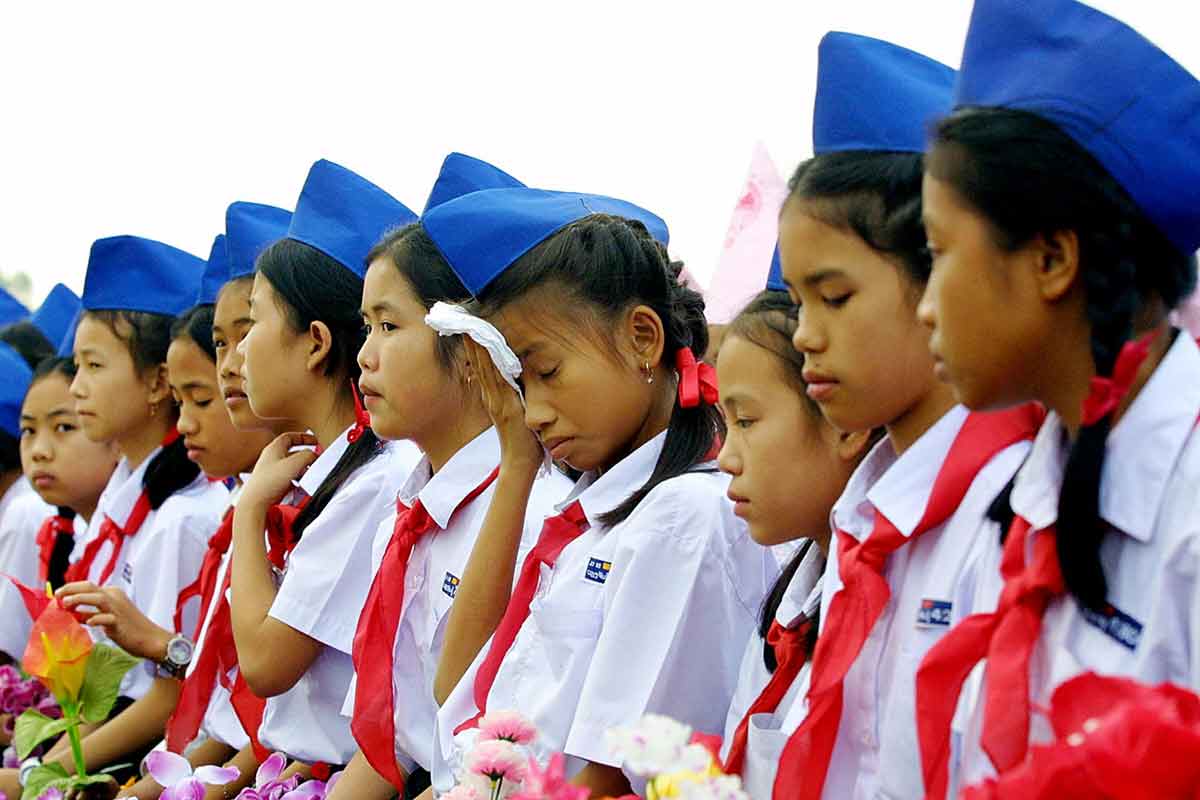Lao is looking to improve its education system. In this effort, it is introducing a project called the “Inclusive, Child-friendly Environments and the Improvement of the Quality of Learning Outcomes of pre-and primary schools in Vientiane and Oudomxay provinces”. This long-titled project seeks to improve school readiness and develop basic literacy and numeracy skills among pre-school and primary school students.
The project is by a non-profit organisation based in Vientiane called Aide et Action Laos that launched the five-year, US$1 million project on 25 April expecting that it will help to alleviate some of the educational challenges the country faces. The project was developed following pilot projects conducted by Aide et Action Laos. It is aligned with the government’s 8th Education Sector Development Plan of Lao (2016-2020) which aims to ensure access to inclusive and equitable quality education and to promote lifelong learning opportunities for all.
The keyword in this plan is “quality” as numerous sources have reported that quality education is severely lacking in this ASEAN country.
According to the United Nations Children's Fund (UNICEF), Lao has met the Millennium Development Goals target of universal access to primary education with gender parity with its primary net enrolment in primary education at 98.7 percent as of 2017. Nevertheless, UNICEF points out that Lao still has some of the poorest education indicators in Southeast Asia.
Only 82 percent of enrolled children complete their primary education. Students’ learning outcomes are low, leaving children without essential knowledge and skills. Some of the other problems with Lao’s primary education system include the limited capacity of its teachers, a weak pedagogical support system, challenges in multi-grade teaching, and the lack of teaching-learning materials. This is compounded by the fact that approximately 70 percent of 5-year-old children in the country are not enrolled in Early Childhood Education (ECE) programmes.
Freedom and education
The philosophers Immanuel Kant and Plato believed that dissent was important for promoting either the capacity of individuals to examine their lives in relation to others or a collective capacity for public reasoning. This also means that in order to dissent, one needs to think critically. The fostering of critical thinking, in turn, is of course part and parcel of a good education system.
A possible means to determine whether a country fosters or hampers dissent is to look at which countries are most free. This is pertinent to Lao’s situation with regards to education because Lao has a problem with its quality of education. At the same time, it’s no secret that Lao isn’t exactly what one would call a “free” country.
In fact, according to Freedom House’s Freedom in the World 2019 report, Lao is one of the least free countries in the world, earning an aggregate score of only 14 out of 100.

While Freedom House places Lao’s freedom ranking as one of the poorest in the world, the Legatum Institute places the country’s education ranking at 108 out of 149 countries. A stark comparison is Finland which not only holds the title of most free country according to Freedom House, it also ranks first for education according to the institute.
In a previous article, The ASEAN Post established that Lao is suffering in terms of ushering the Fourth Industrial Revolution into the country. One of the likely reasons for this is the lack of political will considering the likelihood that a technologically advanced country would also mean that there would be more free-flow of information. It would seem that Lao’s rigidity is also hurting its education system. However, more studies on the link between the two would be required to make such a claim with any amount of certainty. Still, considering Lao’s relatively young population, to think of what state the older generation could be leaving Lao in is a somewhat scary thought.
Related articles:
